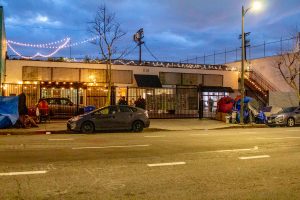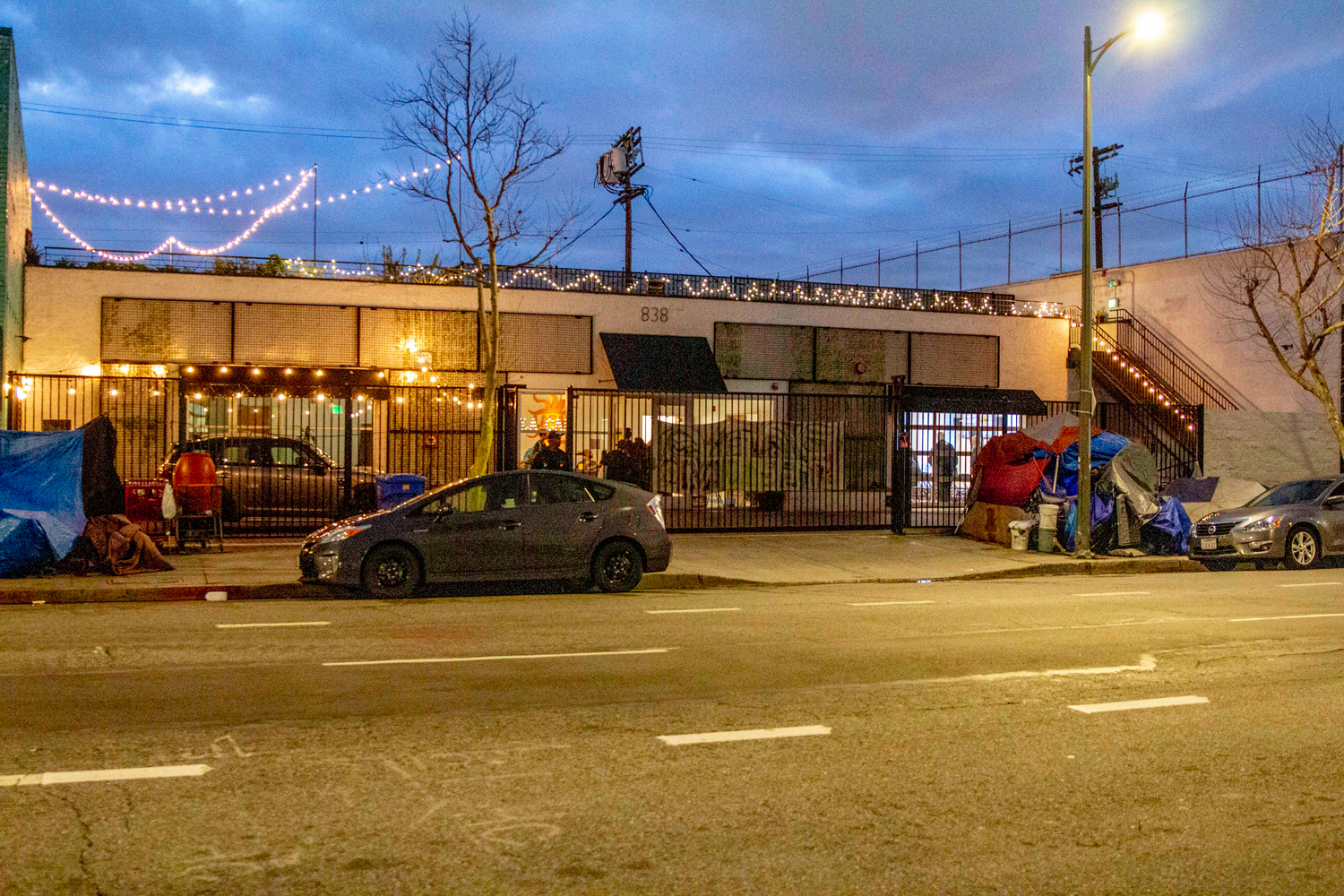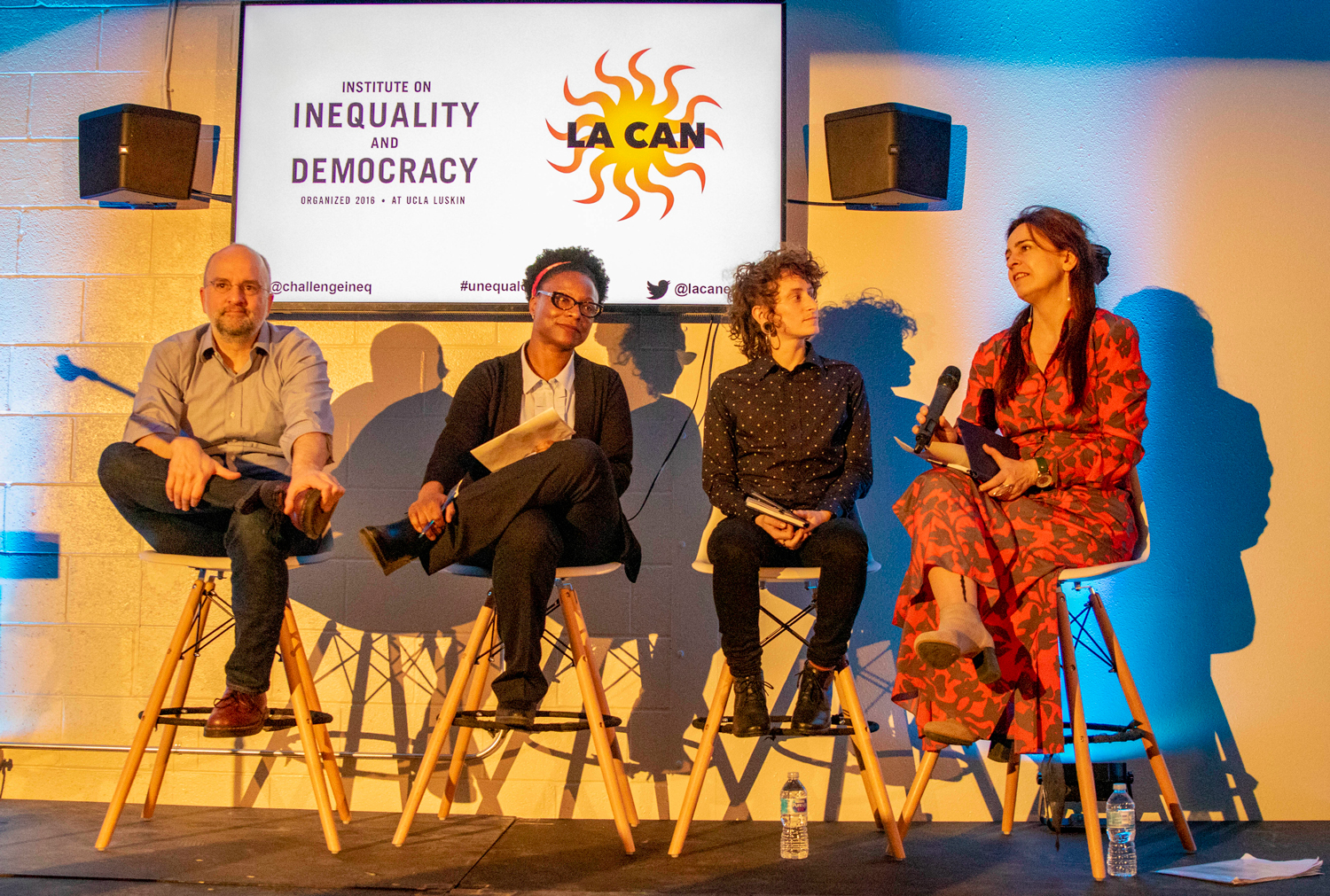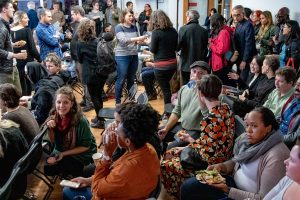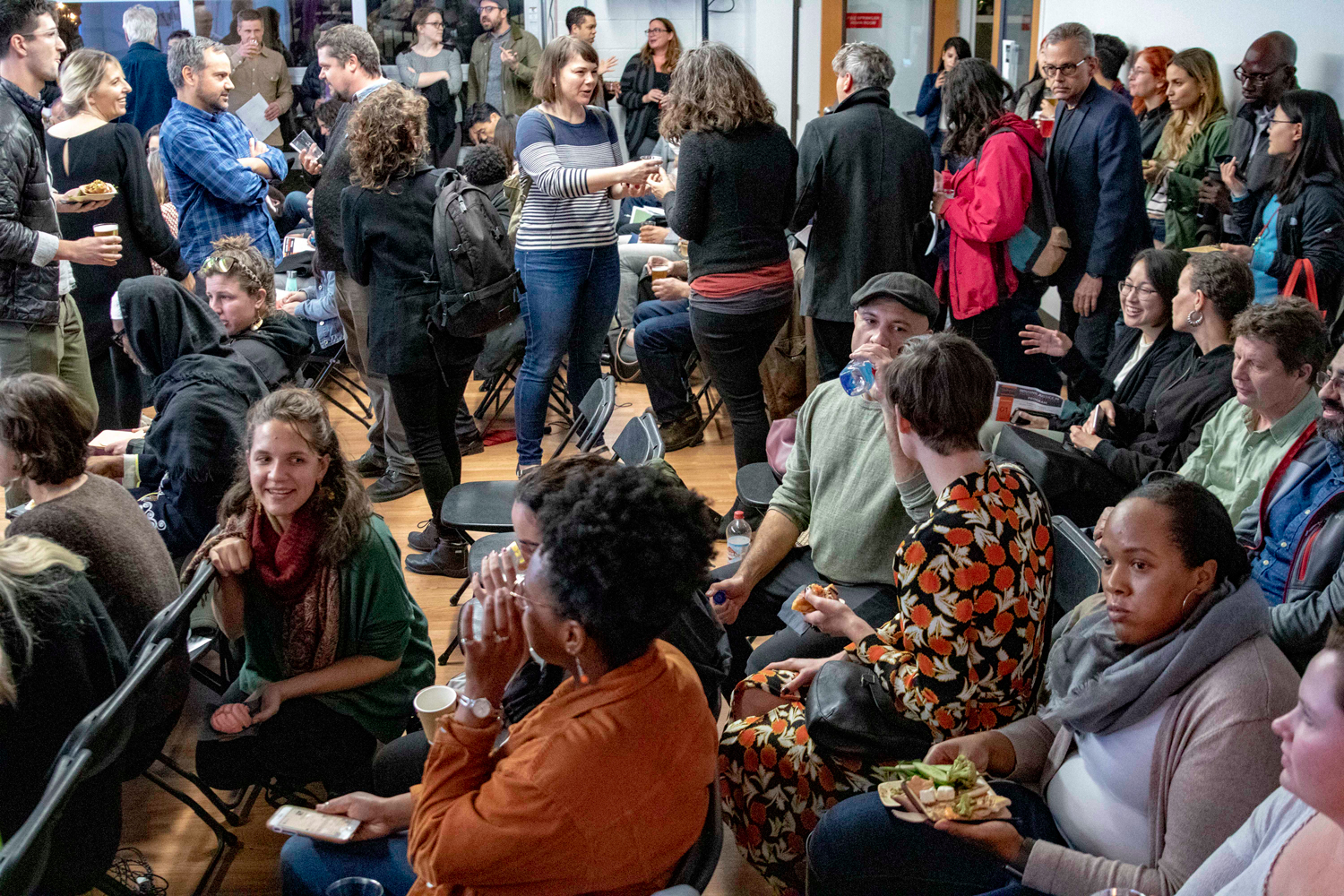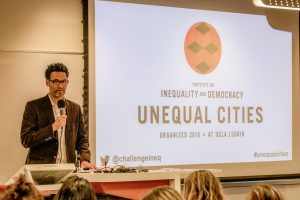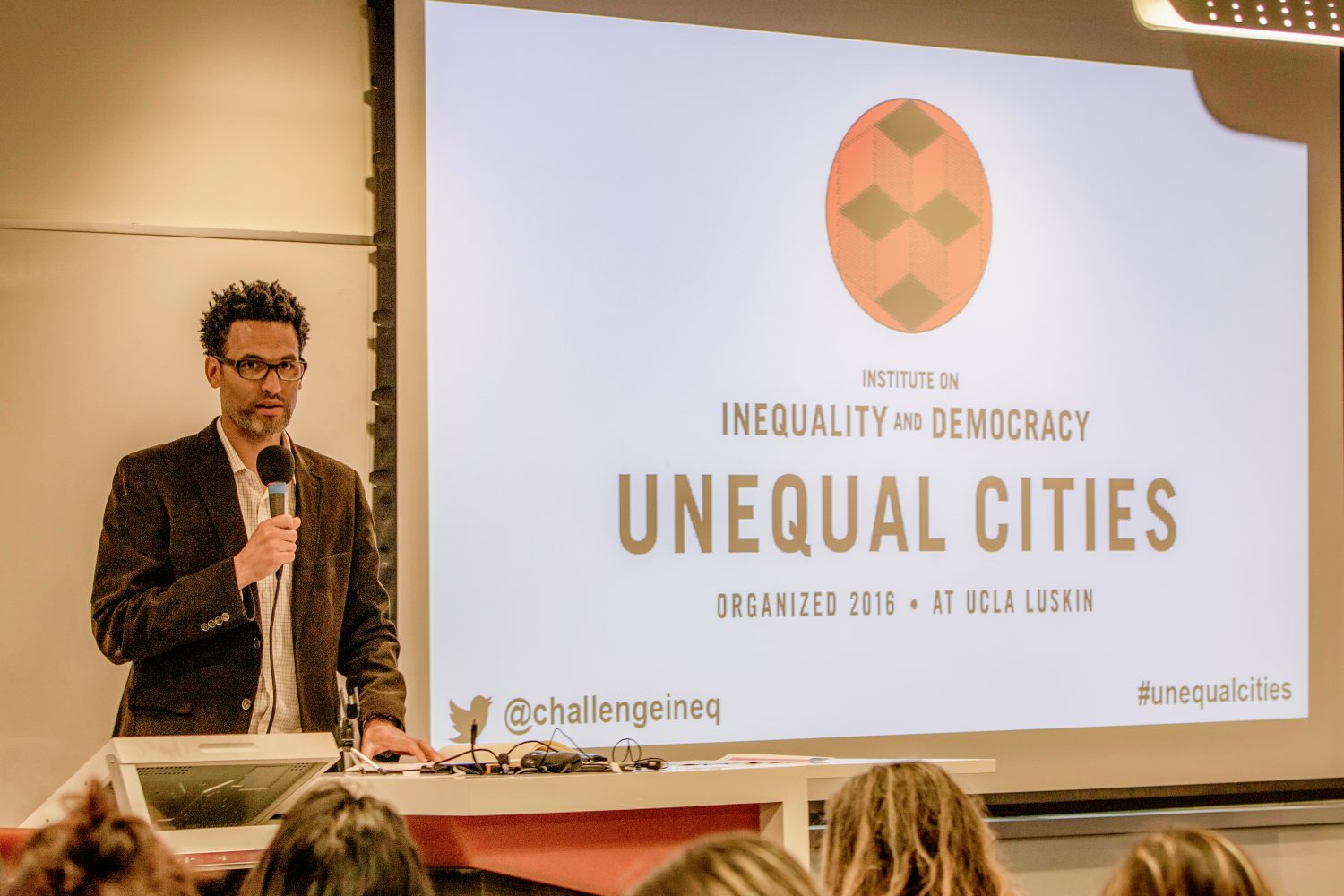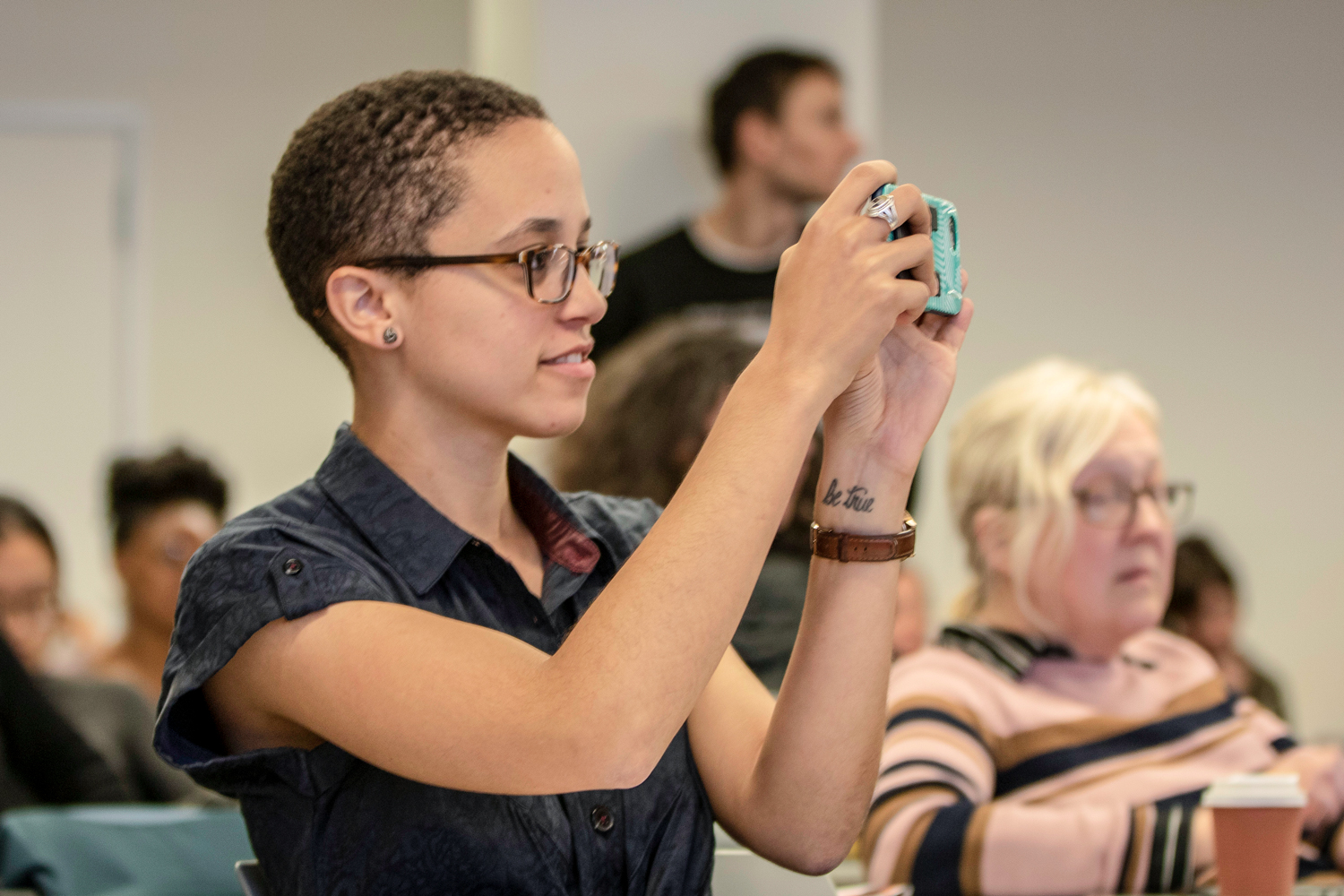By Zev Hurwitz
Though housing prices in Los Angeles are seemingly out of control, it may be control that can start to ease the burden for struggling renters.
At a panel conversation held at the UCLA Luskin School of Public Affairs on Feb. 26, 2018, a trio of experts discussed the housing crisis in the area and the potential for new rent control and eviction protections to help stabilize living situations in Los Angeles.
Michael Lens, assistant professor of urban planning at UCLA Luskin, opened the event, “Protecting Renters: Discussions of Rent Control, Stabilization and Evictions,” and alluded to the growing homeless issue as “an indicator of the housing issue in Los Angeles.”
“Here in Los Angeles, renters are spending enormous sums of money on basic shelter,” Lens said. “For an alarming number of Angelenos, even basic shelter is out of reach.”
Lens noted that the most recent homeless data shows 57,000 individuals on a given night are without shelter — a 23 percent increase over the year prior.
“The homeless crisis is an indicator of the housing issue in Los Angeles,” he said.
Tony Samara, program director of land use and housing at Urban Habitat in the Bay Area, explained some of the major issues facing renters in California. The two most critical issues are lack of rent control policies and so-called just cause eviction protections.
“Just cause evictions mean that to evict a tenant, you have to have a reason,” Samara explained. “In the state of California, unless the city has a just cause ordinance, you can be evicted at the end of your lease or within 60 days on a month-to-month basis for no reason. It’s called no-fault eviction.”
Most cities in California do not have such protections for renters, weakening the ability for tenants to plan ahead. Samara noted growth in advocacy campaigns by tenants’ rights groups aiming to broaden the scope of just cause protections and rent control.
“These policies won’t solve all our problems but will at least provide more stability,” he said.
Doug Smith, a staff attorney at the pro bono law firm Public Counsel, is a 2013 alumnus of UCLA’s Urban Planning department and the UCLA School of Law. Smith spoke about how the effects on a community without tenant protections might force families into overcrowded, substandard living conditions — or even homelessness.
“The consequences are really traumatic, and we’re seeing that played out in communities without these policies,” Smith said.
Smith noted that four Los Angeles County cities — Beverly Hills, Santa Monica, West Hollywood and Los Angeles — do have some protections, but the other 84 regional cities do not.
“If you live in one of those cities, those protections are really important,” he said. “They can help stabilize your situation, allow you to continue to live in your home and invest in your community.”
Joan Ling MA UP ’82, a longtime lecturer in Urban Planning at UCLA Luskin, noted the cost of housing for moderate-income Angelenos has risen tremendously in the past 20 years.
“In 1998, 96 percent of units were affordable to moderate level incomes,” she said. “Today, only 15 percent are affordable to that group.”
One big obstacle to the spreading of tenant protections is the Costa-Hawkins Rental Housing Act, which blocked major rent control policies and allowed landlords to dramatically raise rents on units that become available. A repeal effort has stalled in the state government, though some Californians are working to place a measure on a statewide ballot to repeal the law.
Beyond a full Costa-Hawkins repeal, Ling explained that rent control laws may be a disincentive to developers of new projects because they would be limited in their revenue generating. However, she said that compromise is possible.
“You don’t have to say that all housing units will fall under rent control,” Ling said. For instance, housing 10 years old or older would be subject to it.
Ling also noted that data show renters in areas with protections are more civically engaged and tend to remain invested in the community for longer than do tenants in unprotected neighborhoods.
The event was the second in the Housing Equity and Community Series hosted by the Lewis Center for Regional Policy Studies. The forum was co-sponsored by the UCLA Ziman Center for Real Estate and the Institute on Inequality and Democracy at UCLA Luskin. It drew more than 60 students, faculty and community members.
Video of the event can be found here.


